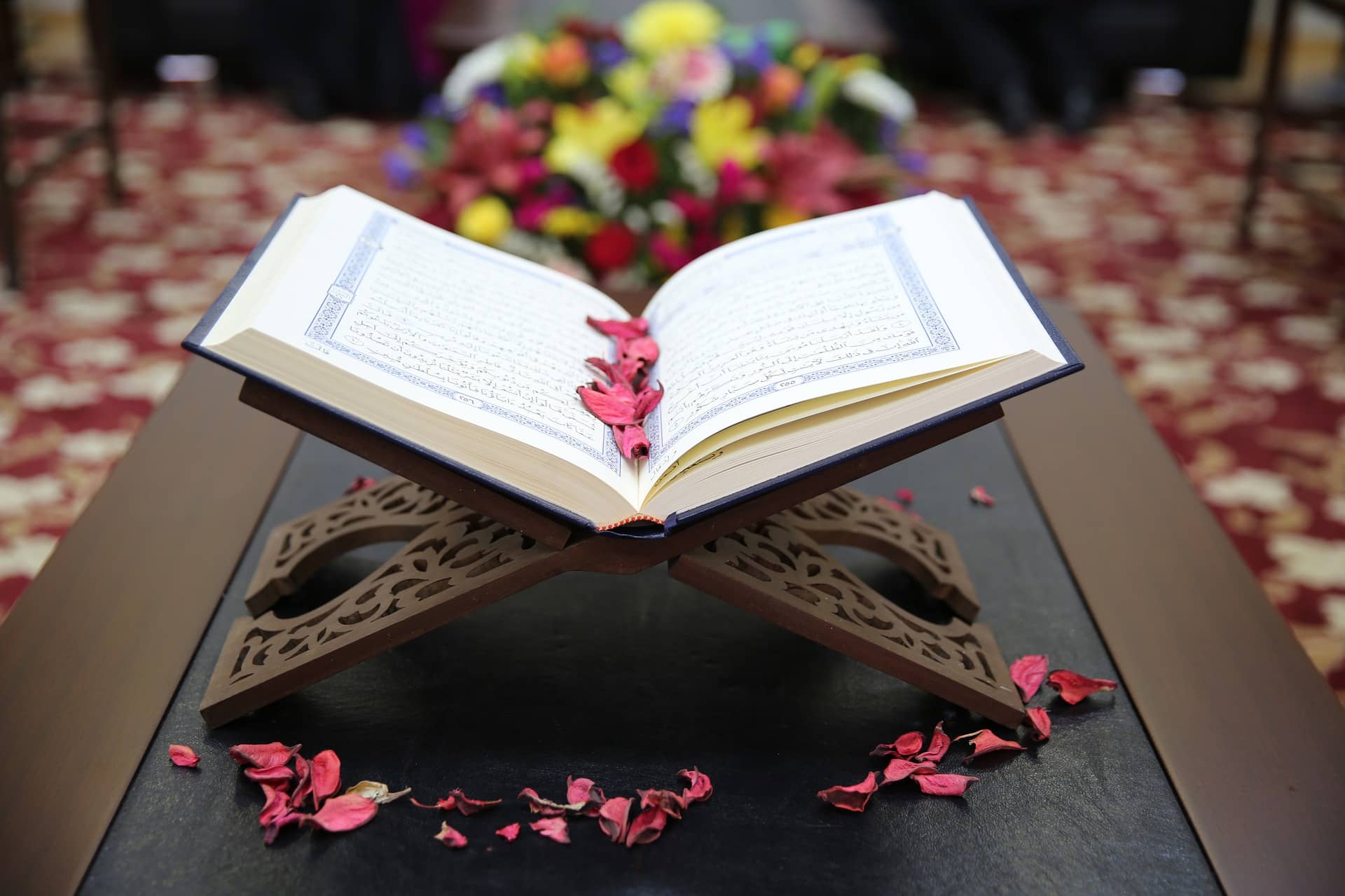The official for the Saudi Ministry of Information hit hard on Islamic resistance groups in Lebanon and Gaza. Those groups, he said, should "bear the consequences of the crisis they have created."
Meanwhile, both King Abdullah II of Jordan and President Mubarak of Egypt warned that Hezbollah is dragging the Arab world into conflict through its misguided gambles and adventures. The majority of Arab regimes has been silent about Israel's new two-front war. Their foreign ministers to the Arab League will not meet to discuss the crisis until July 15, three days after the start of Israeli air attacks and time enough for Israel to completely destroy Lebanon's infrastructure.
Israeli attacks on Lebanon or Gaza are not something new; nor are prisoner exchanges between Hezbollah and Israel. To date, there have been three prisoner exchange deals between Israel and Hezbollah (July 1996, June 1998 and January 2004) and several prisoner swaps between Israel and the PLO. The most famous swap was in May 1985, when in exchange for three Israeli soldiers held by the Popular Front for the Liberation of Palestine (PFLP), Israel released 1,150 Palestinian political prisoners. So why the overblown Israeli reaction to the capture of several Israeli soldiers, and the Arab silence this time?
In a new strategy shift, the dependence of Palestinians and Lebanese on Arab regimes to confront and contain Israel politically and militarily has ended. Militant groups from Palestine to Iraq -- groups known in the Arab world as the Islamic Resistance and as "terrorists organizations" by Israel and many Western countries -- have been taking matters into their own hands. Arab masses have long realized the powerlessness of their leaders to end the conflict in Iraq or alleviate the suffering of the Palestinians. People throughout the Middle East remember the failed mediation attempts by King Abdullah II of Jordan and President Mubarak of Egypt to lift the September 2002 siege on Yasir Arafat. Arafat remained a prisoner in his compound until few days before his death on November 11, 2004, when he was air-lifted to a military hospital in France only after French President Jacques Chirac intervened.
At the same time, as Arab regimes' influence over organizations such as Hamas and Hezbollah has waned, Israel has lost a kind of buffer zone. Unlike the PLO in the past, neither Hamas nor Hezbollah is dependent on Arab state support. Syria's influence over Hezbollah takes second place to that of Iran.
Hence, the Israeli government is very concerned that any success achieved by Hamas or Hezbollah will open the way for more groups -- perhaps even Al Qaeda -- to fight Israel or terrorize Israelis.
Arab regimes are very concerned as well. The aftershocks left by the elections in Gaza are still felt beneath the seats of monarchs and leaders stretching from Riyadh to Rabat. Many Arab rulers are threatened by democracy and the rise of Islamism in the region. In Gaza, they are challenged by a democratically elected Islamist government, Hamas. In Egypt, the challenge comes from the Islamic Brotherhood, and in Lebanon, from Hezbollah, commonly referred to as a "state within a state."
Away from the sectarian violence that has plagued Iraq, Hamas (a Sunni organization) and Hezbollah (Shiite) have found themselves on the same front, fighting a battle for their survival. The survival of each is dependant on the other. Similarly, Arab regimes and Israel have forged an undeclared alliance to rid themselves of the growing menace in the region, "popular Islamist movements." Israel is doing the bombing and destruction, while Arab regimes quietly cheer on the sidelines.
Today, on Al-Manar Television in Beirut, Hassan Nassrallah, the Secretary General of Hezbollah, answered the Saudis and others and said, "As for the Arab rulers, I will not ask you about your history. Just a brief word, we are adventurers...We never bet on you, we always bet on God."
Did the Arab rulers bet on Israel? Did Hezbollah and Hamas miscalculate? The coming days should tell.

